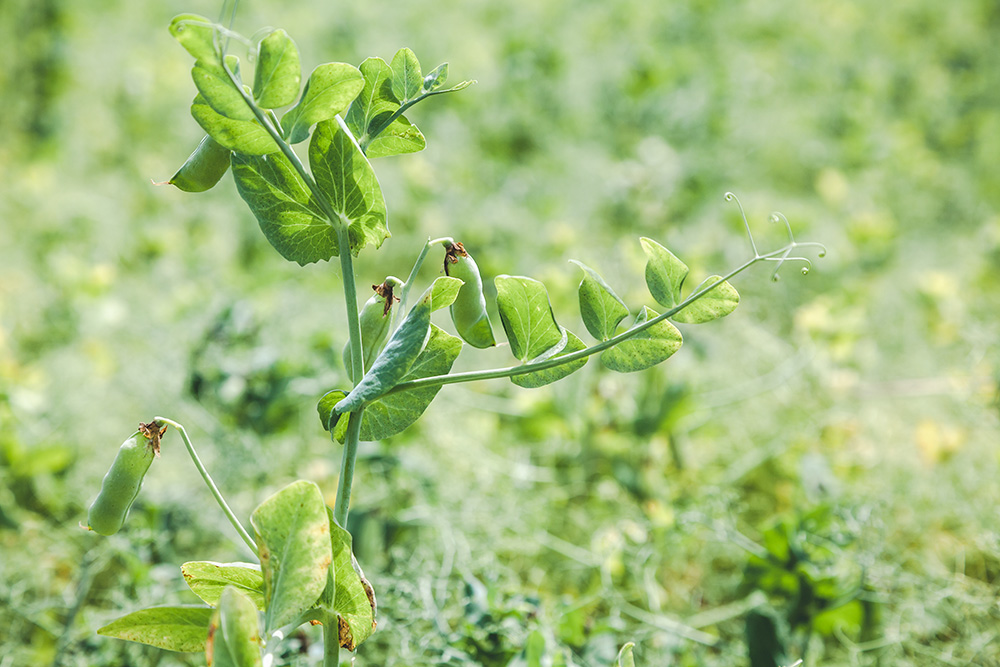

Pluri secures global backing for cell-based food and agriculture ventures spanning meat, cacao, and coffee
Biotechnology company Pluri Inc has announced a series of international collaborations across its foodtech and agtech subsidiaries, designed to accelerate the global commercialization of cell-based meat, cacao, and coffee.
The partnerships, spanning Asia, Europe, and the USA, involve leading global players funding minimum-viable-product (MVP) programs that will validate Pluri’s proprietary 3D cell-expansion technology at industrial scale. Each collaboration is structured around a proof-of-concept funded by the partner company, which Pluri says underscores confidence in its technology and its ability to deliver sustainable food production at scale.
“These collaborations represent a major leap forward in our foodtech and agtech roadmap,” commented Yaky Yanay, CEO & President of Pluri. “We believe that each collaboration not only validates the market readiness and multifaceted potential of our scalable 3D cell expansion technologies but also brings the power of world-class collaborators into our ecosystem. Together, we aim to reshape the way the world produces and consumes essential food products.”
Yanay added that the inclusion of partner-funded proof-of-concept agreements is “a clear vote of confidence in our technology” and “reinforces our ability to deliver sustainable, long-term value for our shareholders.”
Pluri’s three food and agriculture subsidiaries – Ever After Foods, Kokomodo, and Coffeesai – will lead the new collaborations in their respective markets.
Ever After Foods, which has developed a proprietary cultivated-meat production platform, is working with food companies and cultivated-meat ventures across Asia and the USA. These partnerships focus on scale-up validation and pre-commercial trials, designed to move projects from laboratory pipeline to pilot results. The company said these initiatives will de-risk technical pathways, demonstrate commercial readiness, and provide several go-to-market options in priority markets.
With a capital-efficient B2B model, Ever After Foods plans to expand alongside its collaborators while maintaining disciplined spending. Near-term goals include pilot outcomes and the expansion of development programs that support long-term sustainability and food security.
Kokomodo, Pluri’s cell-based cacao subsidiary, has signed two strategic agreements – one with a European confectionery innovation company, and another with a USA-based multinational specializing in food, agriculture, and industrial products. Both collaborations will expand Kokomodo’s research, development, and manufacturing capabilities while exploring co-development opportunities in Europe and North America. The company’s approach aims to create climate-resilient, deforestation-free cacao to help address growing concerns about the sustainability of traditional cocoa farming.
Meanwhile, Coffeesai has entered a strategic collaboration with a major East Asian food and beverage conglomerate to accelerate development of its cell-based coffee. The partnership focuses on eco-friendly and resource-efficient coffee cultivation in controlled indoor environments, minimizing the environmental toll of conventional coffee farming and simplifying logistics by bringing production closer to consumers.
Pluri said the collaborations arrive at a critical time for global agriculture, as traditional farming faces mounting pressure from climate change, resource scarcity, and population growth. Its 3D cell-expansion platform enables the mass production of animal and plant cells in controlled environments, offering a low-footprint alternative to resource-intensive agriculture.
The company’s technology has been refined over nearly two decades and allows for scalable, consistent, and cost-efficient cell-based manufacturing, supporting applications ranging from regenerative medicine to sustainable food production.
Pluri believes that its network of subsidiaries demonstrates the commercial breadth of its platform. Each venture applies the same underlying 3D cell-expansion science to different markets – from cultivated proteins and cell-based coffee to next-generation agricultural ingredients – allowing for shared infrastructure and expertise across industries.
Under the new agreements, all collaborating partners will fund initial proof-of-concept and MVP development stages, marking what Pluri describes as a “substantial commitment and trust” in the technology’s potential. The structure is designed to ensure alignment and shared accountability as projects advance toward pilot and commercial phases.
Yanay said the company views these partnerships as both validation and leverage for further growth. “We believe this expansion reflects increasing commercial viability and rising global demand for sustainable, cell-based innovations,” he said.
The company’s momentum mirrors a broader global shift toward biomanufacturing-based agriculture, with demand rising for scalable solutions that can produce food independent of climate constraints and farmland availability. Pluri’s subsidiaries aim to meet that demand through cellular production platforms that use fewer resources and generate less waste.
By cultivating cells instead of harvesting from animals or crops, the company believes it can offer supply-chain stability and environmental benefits while maintaining the sensory qualities of traditional products such as meat, chocolate, and coffee.
If you have any questions or would like to get in touch with us, please email info@futureofproteinproduction.com

.png)






